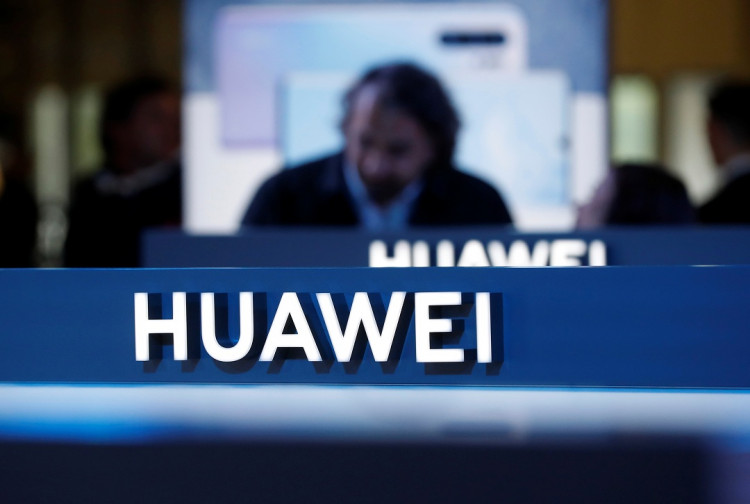U.S. firms are now lining up to again do business with Huawei Technologies Co. Ltd., which will be able to buy and sell products in the United States in about two to four weeks.
The Trump administration will start approving licenses for U.S. firms to transact business with Huawei in as little as two weeks, according to a senior U.S. official cited by media.
Political analysts said the sudden and quick action to re-start Huawei's business in the U.S. is likely the result of hard lobbying by U.S. chip firms along with Chinese political pressure.
President Donald Trump on June 28 announced American firms could again sell products to Huawei after meeting with Chinese president Xi Jinping in Osaka at the G20 summit. China made no concessions to Trump.
Since last week, Commerce Secretary Wilbur Ross (who might soon be fired by Trump) said licenses will be issued where there is no threat to national security. It's unclear which products will be granted licenses, however.
U.S. firms can currently sell products to maintain existing networks and provide software updates to existing Huawei handsets. They're prohibited from making new sales of American-made goods and services to Huawei.
Two U.S. chipmakers that supply Huawei told Reuters they'll apply for more licenses after Ross's comments. In addition, a customer response management company and a firm that simulates cross-sectional radar for Huawei are also likely to file applications in the coming days.
Of the $70 billion Huawei spent on components in 2018, more than $11 billion went to U.S. firms including Qualcomm, Intel, and Micron Technology.
"Since there's no downside, companies are absolutely submitting applications, as required by the regulations," said a former Commerce Department official.
Huawei feels the Trump administration should do more, however. A Huawei spokesman said "the Entity list restrictions should be removed altogether, rather than have temporary licenses applied for US vendors. Huawei has been found guilty of no relevant wrongdoing and represents no cybersecurity risk to any country so the restrictions are unmerited."
The formidable U.S. semiconductor industry has been lobbying to do more business with Huawei. It said U.S. security goals should be advanced in a way that doesn't undermine its ability to compete globally and retain technological leadership.
U.S. suppliers also want to be allowed to provide customer service support for chips they build and sell overseas. They want approval to ship new American-made equipment to Huawei and its subsidiaries around the world.
In May, Huawei said it will have to make do with five to six months worth of inventory of the key components it needs to keep its smartphone business going in light of a punishing ban by Washington that prevents all its U.S. suppliers from doing business with it.





